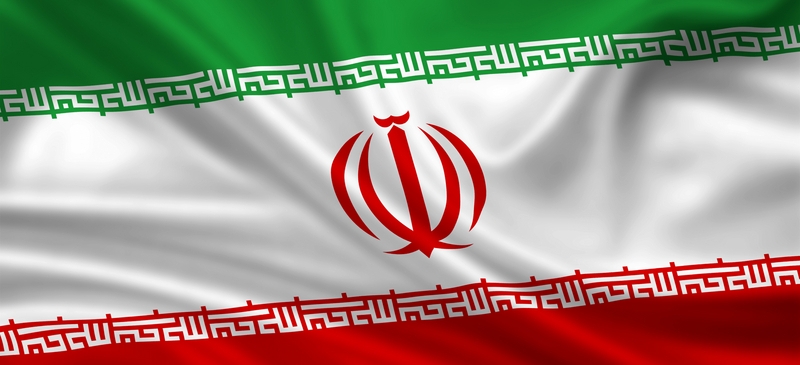
Obama, disarmament and Iran
Barack Obama has pledged to take steps to rid the world of nuclear weapons. “I will not authorise the development of new nuclear weapons. And I will make the goal of eliminating nuclear weapons worldwide a central element of US nuclear policy”, he wrote in December 2008. Recent American presidents, including George W Bush, have cut the US’s nuclear stockpile. But Obama seems ready to go a step further, towards elimination. Evidently, nuclear weapons will not disappear under his watch; disarmament would be a slow business, involving difficult negotiations among the nuclear powers. But Obama could give the process momentum by cutting nuclear weapons to a minimum, and then proposing their elimination. That would give the West a better shot at deterring Iran from building nuclear weapons, and also give the nuclear non-proliferation treaty (NPT) more credibility.
Obama would have to contend with a sceptical Senate, which in 1999 rejected the treaty banning nuclear weapons tests. But the Democrats have a solid majority in the Senate and Obama could exploit his popularity to win over doubters. Eminences grises such as Henry Kissinger, Sam Nunn, Bill Perry and George Schultz, who are campaigning for nuclear disarmament, would assist Obama.
The president’s aides are already lobbying the Senate to ratify the comprehensive test-ban treaty. Obama is likely to press Russia to co-operate on cutting arsenals to perhaps as low as a few hundred weapons (each currently has around 7,000 to 10,000 warheads). The next step would be to start work on a global treaty outlawing the possession of nuclear weapons. The US arms control community is divided on whether such a treaty is achievable, and Obama has not given this idea his support. He should: cutting warheads on its own will not convince the world that the US is serious about nuclear disarmament.
Nuclear arms control matters not only to the US and Russia, but also to Europe. Besides reducing the danger of nuclear terrorism or an accident, an Obama initiative could strengthen the EU’s hand as it tries to talk Iran out of building nuclear weapons.
Iran has repeatedly accused Europeans and Americans of hypocrisy: they preach against nuclear weapons but refuse to get rid of their own. The NPT, which prohibits Iran, as a signatory, from acquiring nuclear weapons, also obliges Britain, France and the US to “negotiate in good faith” an agreement that would eliminate their weapons.
Those three countries have long argued that the cuts they have made since the end of the Cold War – about 75 per cent of their warheads – should count as steps towards elimination, in line with their NPT commitments. But arms reduction is not the same thing as elimination, and the rest of the world is not fooled. During a 2005 conference on the NPT, the West tried to strengthen the rules on the inspection of nuclear facilities. But Iran won the public relations battle, rallying many developing nations to its view that the western governments had no right to limit others’ nuclear programmes while keeping theirs.
Another conference to review the NPT is due in 2010 but it risks being as fruitless as that of 2005 – unless Obama changes the picture. A commitment to reduce warheads in the near term, the promise of disarmament in the future, and a diplomatic effort to try to bring about a global treaty on disarmament, would move the US much closer to meeting the NPT’s goals. Iran would then find it difficult to accuse the West of double standards. It may try to acquire nuclear weapons anyway; the goal of mastering nuclear technology – if not the building of atomic bombs – enjoys the support of all Iranian political leaders and much of the population. But Iran would find it harder to win the support of other countries. The EU would be in a better position to ratchet up the diplomatic pressure.
Would Britain and France disarm, too? The British government could be ready: although it is renewing the Trident deterrent it has offered to host a conference on nuclear disarmament later this year. France is more reluctant: in 2008 Nicolas Sarkozy declared nuclear weapons “essential”. He should reconsider. Nuclear disarmament is the best way to avoid what Henry Kissinger called “the nightmarish prospect that nuclear weapons will become a standard part of national armament and wind up in terrorist hands.” Russia will have reasons to go along, at least part of the way: its nuclear weapons are obsolete and will cost a fortune to replace. China, Pakistan and India are expanding their arsenals. But if an Obama-led initiative, supported by Europe, gathered momentum, they could think again.
